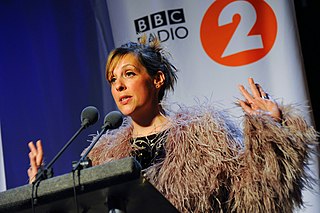A Quote by Daniel Gillies
New Zealanders have conventions and pleasantries, but we are direct. We are encouraged to be transparent with our behavior and not to employ passive aggression.
Related Quotes
To be an anarchist only means that you believe that aggression is not justified, and that states necessarily employ aggression. And, therefore, that states, and the aggression they necessarily employ, are unjustified. It's quite simple, really. It's an ethical view, so no surprise it confuses utilitarians.
I am still amazed at the amount of Christian charity [Wellesley] stuck us all with, a kind of glazed politeness in the face of boredom and stupidity. Tolerance, in the worst sense of the word. How marvelous it would have been to go to a women's college that encouraged impoliteness, that rewarded aggression, that encouraged argument.
When we evaluate the rightness or wrongness of actions or behavior, we need to ask ourselves if that behavior will edify—build up—ourselves or someone else, or if it will tear down. The question is not what we can get away with, but what is healthy and edifying. When it is all said and done, are we edified spiritually? Have we been built up and strengthened in our relationship with the Lord or with our spouse, or have we been weakened? Do we come away encouraged or discouraged, confident or filled with a sense of guilt or shame? Is our conscience clean?




































